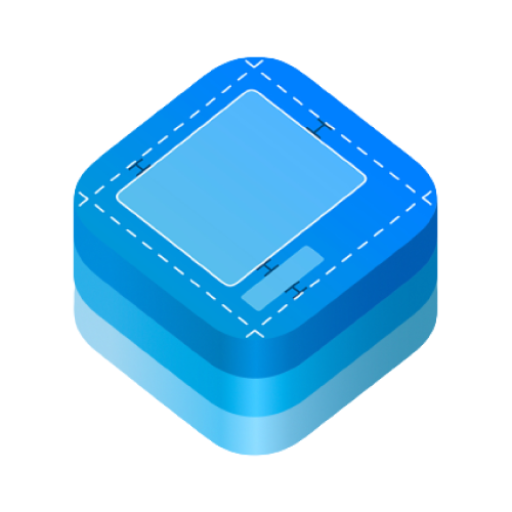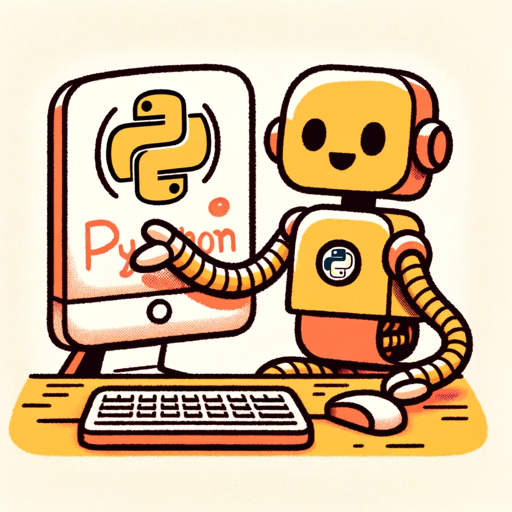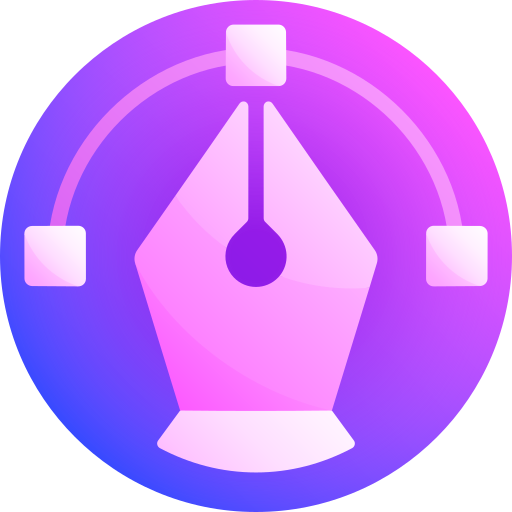Business model generator-AI-powered business model generator.
AI-driven business models in minutes.
i wish i had a company that ...
Related Tools
Load More
Business Model Canvas Strategist
Business Model Canvas Creator - Build and evaluate your business model

Business Idea Generator
Looking for the best business idea fitting your skills? Let business idea generator come up with it for you.

Co-Founder AI | Business plan, startup, marketing
https://cofounderai.site/ All you need to verify your startup idea and build it. Generate a winning business plan, talk about marketing strategy, technical specifications, fundraising and go to market... Start with your idea and startup name. @Mention Co-

Business Plan Builder
Creates and validates data-driven business plans.

Business Model Canvas Builder
A friendly robot specializing in Business Model Canvas.

Business Plan Generator
Generates a business plan with market insights and strategies for competitive leverage.
20.0 / 5 (200 votes)
Introduction to Business Model Generator
The Business Model Generator is a tool designed to help entrepreneurs, innovators, and startups conceptualize, develop, and refine digital business ideas. Its core function is to transform user-provided wishes or needs into detailed and actionable business models. By analyzing the user’s input, such as an idea for a product or service, the generator provides a comprehensive plan that includes all key elements of a business, from value propositions to cost structures and marketing strategies. The tool is designed to be highly adaptable and can be applied to various industries and types of ventures. For example, if a user expresses the need for 'an autonomous robot that assists in repetitive tasks in a restaurant kitchen,' the generator will not only conceptualize a robot-based solution but will also outline its value propositions (e.g., increasing kitchen efficiency, reducing labor costs), target market (restaurant owners, large kitchens), sales channels (B2B partnerships, trade shows), revenue streams (robot sales, maintenance subscriptions), and more. In this way, the Business Model Generator provides both strategic guidance and detailed execution plans.

Core Functions of Business Model Generator
Business Idea Generation
Example
A user describes an idea for a 'smart home system that integrates all devices into a single AI-driven platform.'
Scenario
The generator will create a detailed business plan that includes the system's unique features (e.g., cross-device compatibility, AI personalization), target customers (tech-savvy homeowners), competitive landscape, required partnerships (smart device manufacturers), and more. It tailors the business model to the user's idea, ensuring a structured approach to development.
Revenue Model Development
Example
A user wants to launch a subscription-based online education platform.
Scenario
The generator breaks down potential revenue streams such as tiered subscription plans, pay-per-course models, or licensing content to schools. It helps assess which revenue streams are sustainable based on market trends and user preferences, providing strategic options to maximize profitability.
Go-to-Market Strategy
Example
A user wishes to introduce a new fitness app that offers AI-driven workouts.
Scenario
The generator outlines a go-to-market strategy, focusing on user acquisition via social media, partnerships with fitness influencers, and app store optimization. It also recommends channels like Google ads and affiliate marketing to ensure rapid growth and effective customer targeting. The user receives insights into launch tactics and growth strategies.
Ideal Users of Business Model Generator
Aspiring Entrepreneurs
People who have ideas for digital businesses but lack the expertise or resources to transform these ideas into viable business plans. Entrepreneurs at the ideation stage can benefit from using the generator to gain clarity on value propositions, cost structures, and market positioning, allowing them to pitch or develop their startups more effectively.
Startup Teams and Incubators
Small startup teams and incubators who are constantly refining and iterating on business models to find product-market fit. By using the Business Model Generator, these groups can quickly adapt their models, explore new revenue streams, or pivot into different markets, helping accelerate their journey toward scalability and investment readiness.

How to Use the Business Model Generator
Visit aichatonline.org for a free trial without login, also no need for ChatGPT Plus.
The first step is to visit the platform and start using the Business Model Generator without any login or payment. This ensures easy access to the tool without barriers.
Select your target business idea or industry.
Choose the industry, type of business, or idea you want to generate a business model for. This helps the tool tailor its suggestions to your specific domain.
Enter a detailed description of your business idea or goal.
Provide the generator with as much information as possible about your business idea, including pain points, potential customers, and goals. The more details you give, the more accurate and tailored the model will be.
Review the generated business plan.
Once the tool processes your input, it generates a full business model that includes market analysis, key activities, resources, revenue streams, and more. Carefully review the output and make any necessary adjustments.
Iterate and refine the model based on feedback or insights.
Use the business model as a base and continue refining it. Consider market conditions, competitor analysis, and potential customer feedback to make adjustments.
Try other advanced and practical GPTs
OKP4 Druid Oracle (Beta)
Unlock the OKP4 Ecosystem with AI

どんどん品質が上がっていくイラスト生成AI
AI-Powered Progressive Illustration Generator

AirTrack GPT - Cheap Flights & Hotels
AI-powered travel deals at your fingertips.

Cover Letter Creator
AI-driven personalized cover letter drafting

Apple UIKit Complete Code Expert
AI-powered UIKit development solutions.

StackBlitz Buddy
AI-Powered Web Development Assistant

Code Companion
Empowering your coding journey with AI.

⭐️ Digital Download Product Discovery Coach ⭐️
AI-powered digital product discovery tool.

Viral Ads Script
AI-powered ad script generation.

FREE AI Humanizer — Make ANY Content Sound Human
AI-powered tool for natural text.

PresentationPro GPT
AI-Powered Presentations Made Easy

PAGPT
Smart AI to optimize your daily workflow.

- Market Research
- Business Planning
- Startup Ideas
- Revenue Streams
- Cost Structure
Q&A about the Business Model Generator
How does the Business Model Generator work?
The Business Model Generator uses AI algorithms to analyze your business idea and generate a detailed business plan. It leverages input from the user, including industry, pain points, and target customers, to suggest key components like revenue streams, marketing channels, cost structure, and more.
What industries does the Business Model Generator support?
The tool supports a wide range of industries, from tech startups to retail, healthcare, education, and more. You can customize your inputs to fit any niche market or business model.
Can I modify the business model after it's generated?
Yes, you can refine the generated model to suit your specific needs. It acts as a starting point and you can iterate on it based on feedback, new insights, or changing business conditions.
Do I need any technical or business knowledge to use the generator?
No prior business knowledge is required. The tool is designed to be intuitive and beginner-friendly, guiding users through the process with easy-to-understand questions and outputs.
How can I validate if the generated business model will succeed?
After generating a model, you can validate it through market research, customer feedback, and competitor analysis. The tool provides initial steps for validation, but you should test your idea in the real world for maximum impact.